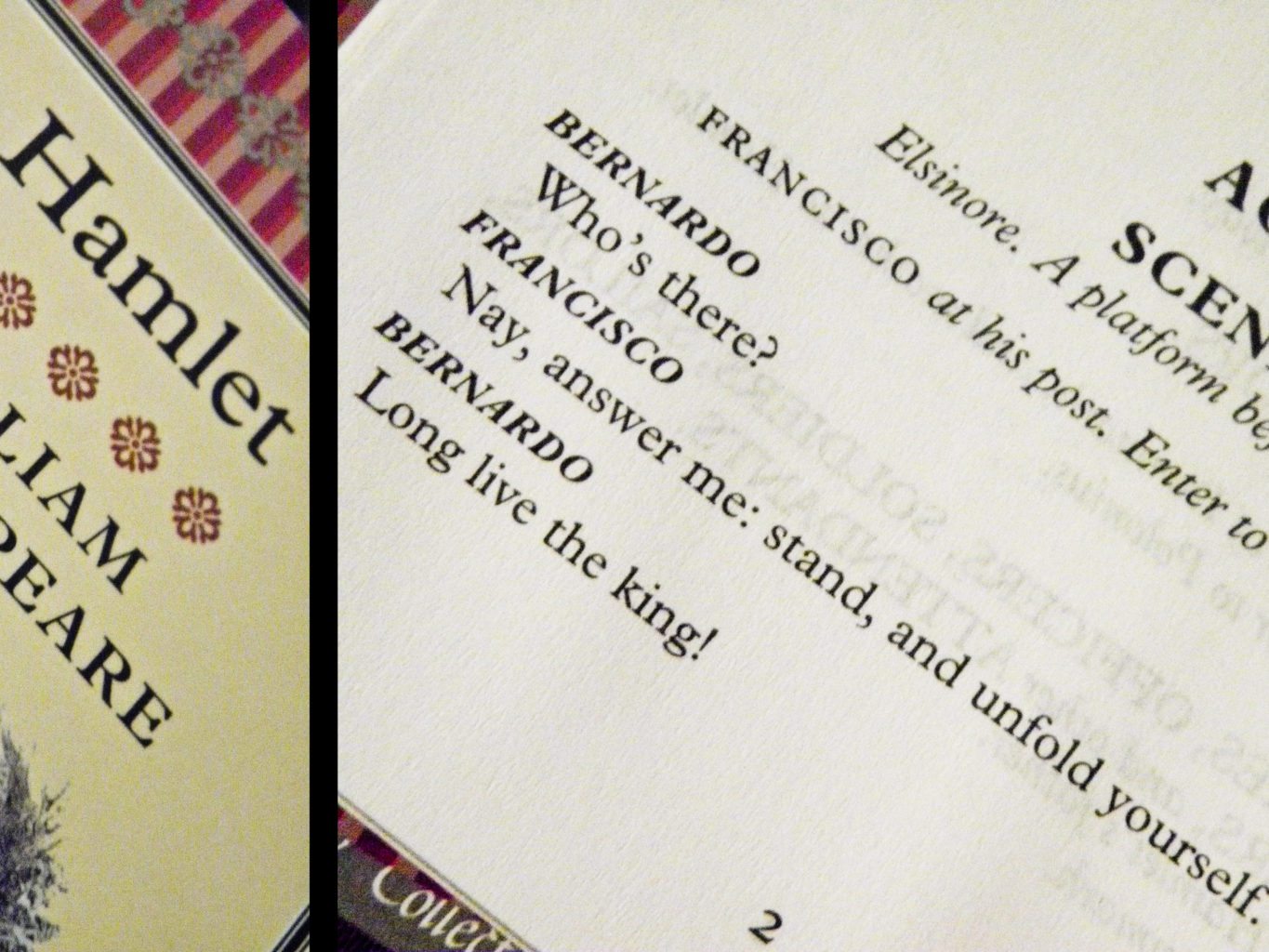The Tragedy of Hamlet, Prince of Denmark
I know this isn’t the most original choice. It’s probably the most performed, oft-quoted and well-known work in the Shakespearean canon, and a literature student coming out and confessing that Hamlet is their favourite Shakespeare play is barely a revelation. But, however predictable, this play is considered by many as the greatest piece of drama ever conceived. And I don’t think asking ourselves why this may be is such a bad idea; especially with the recent 400th anniversary of The Bard’s death.
However predictable, this play is considered by many as the greatest piece of drama ever conceived
First of all, I cannot name a single other play as thematically varied as Hamlet. On the surface, it’s a conventional revenge tragedy. But, in reality, it covers much broader ground. It’s set against the backdrop of impending war, and is comprised of a pivotal, doomed romance, a covert religious satire and a meta-theatrical treatment of drama’s ability to reflect the realities of those who observe it, while addressing key concepts such as love, betrayal, jealousy and misogyny. There’s also something very innovative about this poly-thematic tragedy. There are smatterings of content which prefigure literature and thought that would only become popular centuries after its premiere. It contains a very pre-Freudian examination of the mother-son relationship and what would eventually come to be known as ‘the Oedipus complex’, as well as a progressive, pre-feminist depiction of female sexuality and a brief treatment of what we now refer to as ‘the double standard’.
Another thing that allows this play to remain so popular today is how incredibly quotable it is
Another thing that allows this play to remain so popular today is how incredibly quotable it is. Without even knowing, we’ve probably all quoted it at one point in our lives, whether: “To be, or not to be: that is the question”, “That it should come to this!”, “Frailty, thy name is woman!”, “The lady doth protest too much, methinks”, “The rest is silence,” or “Words, words, words” – we’ve all been there. Even when talking about ‘being true to oneself’ or claiming that there is ‘method’ in someone’s ‘madness’, we are, in fact, quoting Hamlet.
These are some – but, by no means all – of the reasons why The Tragedy of Hamlet, Prince of Denmark is considered the greatest play by the greatest playwright we’ve ever known. As is the case with so many of his works, Shakespeare has used language, imagery and action in a way only he can to ensure that this piece still excites, enrages and, ultimately, rings wholly true, 400 years after his death.
Image Credits: Thalita Carvalho / Flickr (Header)

Comments